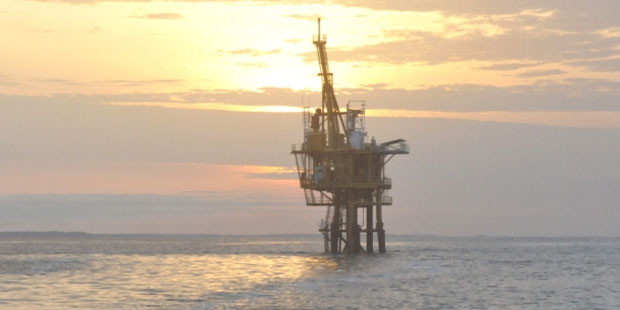The Organisation of the Petroleum Exporting Countries (OPEC) says Nigeria’s crude oil production increased to an average of 1.238 million barrels per day (bpd) in June 2022.
OPEC made this known in its Oil Market Report for July 2022 which was obtained by the News Agency of Nigeria (NAN) on Tuesday in Lagos.
The report said the figure showed an increase of 5,000 barrels per day when compared to the 1.233 million bpd produced averagely in the month of May 2022.
“According to secondary sources, averaged 28.72 mbpd in June 2022, higher by 234,000 barrels per day month-on-month.
“Crude oil output increased mainly in Saudi Arabia, the United Arab Emirates, Iran, Kuwait and Angola, while production in Libya and Venezuela declined,” the report said.
The report said despite the improvement in fossil fuel prices, the short-term economic outlook for Nigeria was clouded by high inflation, which had reduced private sector optimism and weakened consumer spending.
It said in May 2022, the composite Consumer Price Index rose to 17.7 per cent year-on-year from 16.8 per cent y-o-y in the previous month.
“In response to the elevated inflationary pressures, the Central Bank of Nigeria raised its policy rate by 150 basic points to 13 per cent bringing borrowing costs to the highest since April of 2020.
“It was the biggest rate hike since July of 2016 amid concerns that persistent inflationary pressures could weigh on the country’s fragile recovery.
“Meanwhile, the Stanbic IBTC Bank Nigeria Purchasing Manger’s Index fell to 50.9 in June of 2022 from 53.9 in the prior month, pointing to the weakest improvement in business conditions in Nigeria’s private sector since January of 2021.
“Overall, the above-average fossil fuel prices support a firmly positive outlook for the rest of the year, but concerns over soaring inflation would increase uncertainty next year,” the report added. (NAN)

